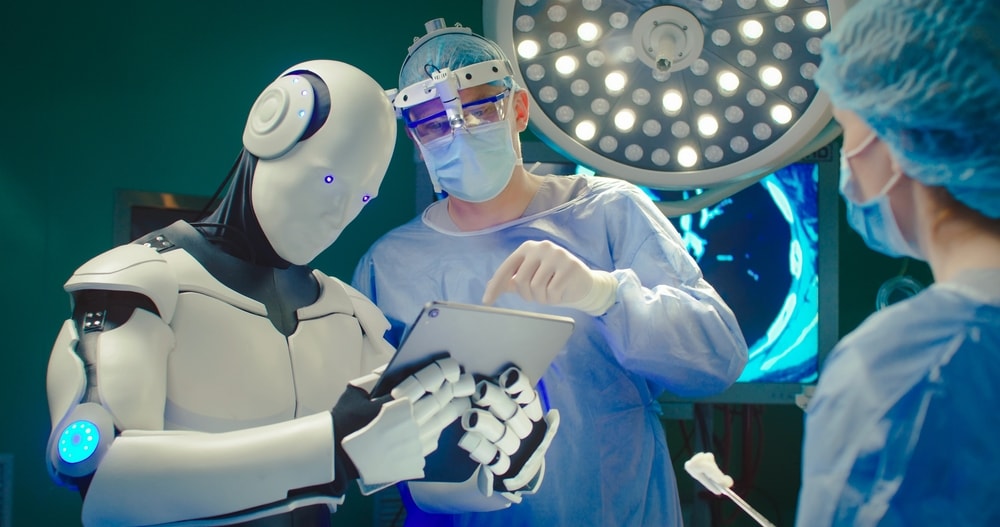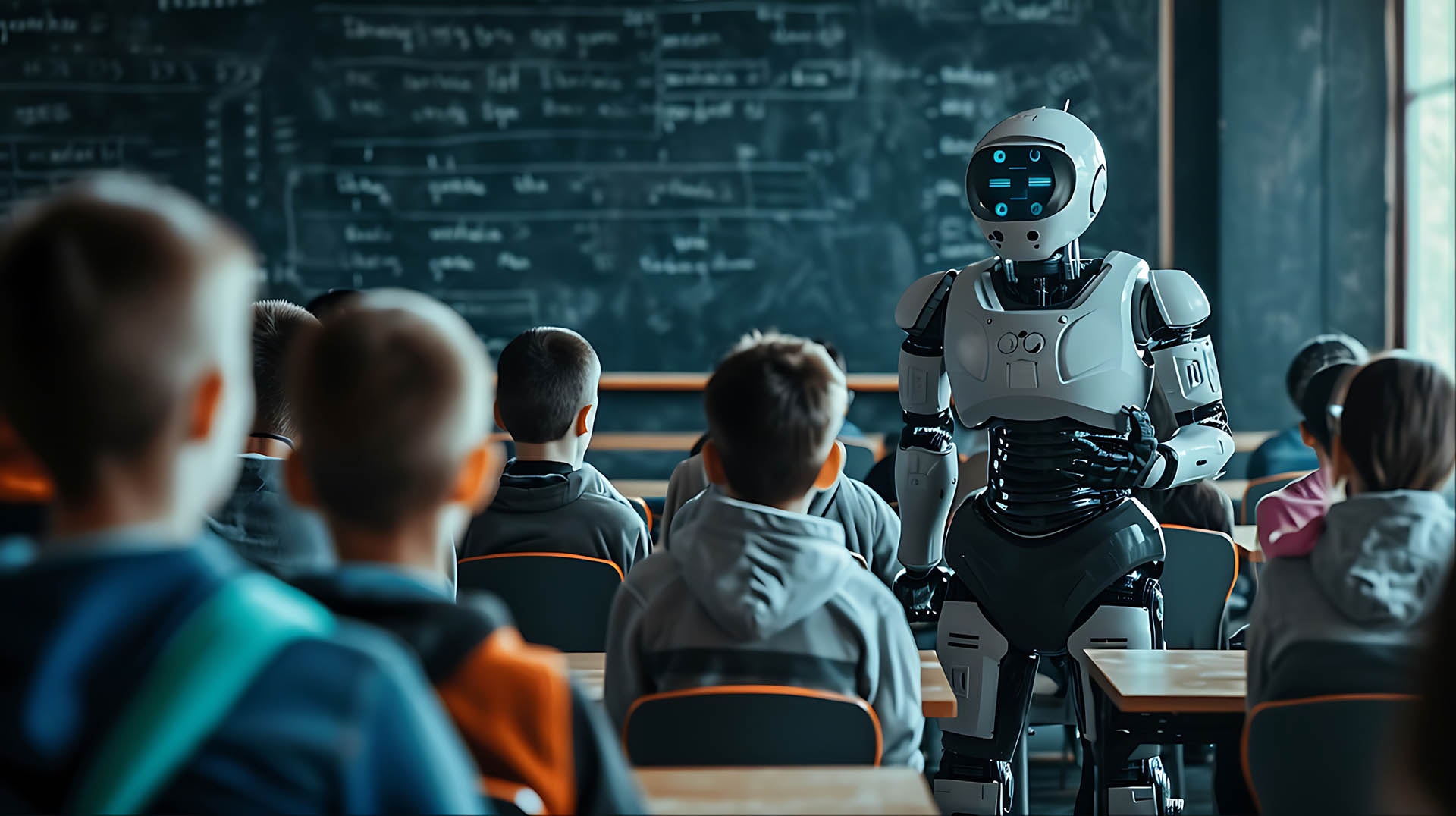Bill Gates warns: Doctors and teachers may no longer be 'invulnerable' jobs in the face of AI wave
In the near future, doctors and teachers may no longer be “invulnerable” jobs in the face of the wave of artificial intelligence (AI). However, according to Bill Gates, this change is not a disaster, but an opportunity for people to live a freer and more meaningful life.
Since leaving Microsoft to focus on philanthropy, Bill Gates has been one of the most influential voices on the future of technology. He has recently been vocal about how AI will reshape the labor market, not just by assisting in jobs, but also by potentially replacing some traditionally “human” professions, such as doctors and teachers.

In an interview with The Indian Express's CEO Anant Goenka, Gates said bluntly: “We are not built to work,” and suggested that future societies will no longer require people to work as hard as they do today.
He asked a provocative question on the show.The Tonight Show with Jimmy Fallon: “Should we only work two or three days a week?”
On his personal blog in 2023, Gates wrote that “agent AI” could be smart enough for people to enjoy a high quality of life without much work.
While he acknowledges that this prospect can be unsettling, he argues that fear stems from the fact that people have become accustomed to associating their identity with work. “The reason you think about work is because of scarcity,” he says – implying that we live in a world constrained by scarce intellectual resources, and AI will change that.
Doctors and teachers:The seemingly impossible professions"immune"" before AI
Whenever asked about the jobs AI will do best, Gates almost always mentions education and health care, a surprising choice because both require empathy, life experience, and sophisticated communication skills that machines still struggle to replicate.
However, Gates believes that AI will make “intelligence” as ubiquitous and cheap as air. At Harvard University, he said: “Intelligence will be completely free, from medical diagnosis to the creation of new drugs. And that is a revolutionary change.”

In a conversation with American entertainment celebrity Jimmy Fallon, he emphasized: “We are about to enter an era where quality medical advice and educational guidance will become available to everyone, thanks to AI.” This is especially important in the context of many places having a shortage of good doctors, psychologists and teachers.
To make this happen, the Bill & Melinda Gates Foundation, a charity he founded, has clearly defined the goal of “helping people live healthy, productive lives.”
In a 2023 post, he emphasized: “Global health and education are two areas with great demand but shortages of human resources. This is where AI can make a difference if applied correctly.”
The biggest challenge: Are people willing to accept it?
Despite his optimism, Gates doesn’t deny that there are major hurdles ahead. One of them is user reticence. “People will need to see evidence that AI in health and education is actually beneficial overall, even if it’s not perfect and will make mistakes,” he admits.
The history of Microsoft – the company he founded – also marked many valuable lessons when implementing incomplete technology.
Furthermore, viewing “intelligence” as a single resource may ignore many social factors, such as working conditions, compensation, and training opportunities. The shortage of doctors is not necessarily due to a lack of intelligent people, but may be due to many people being unable or unwilling to pursue the profession.

Experts and educators also warn about the limits of AI. A 2023 study titled “The AI Revolution in Education” found that most teachers and students believe AI cannot completely replace humans, due to a lack of emotional intelligence, cultural sensitivity and the ability to develop social skills.
Similarly, the US website Nurse.org asserts: “Machines can help, but people still need real connection in their weakest moments.”
Even within the Gates Foundation, experts advocate for AI to complement, not replace, teachers. Asyia Kazmi, a senior program officer, writes that AI can help teachers with limited resources prepare lessons, practice skills, and reduce administrative burdens. “I believe that integrating technology properly will have the greatest impact,” she emphasizes.
In short, AI is rapidly moving into areas previously considered “untouchable” for machines, such as education and healthcare. But instead of fearing it, Bill Gates wants us to see AI as a tool that will free humans from repetitive work and create conditions for more meaningful lives.
The future Gates envisions is not a world without doctors or teachers, but a world where AI helps humans do those jobs better and gives people more time for creativity, connection, and personal growth.

.jpg)
.jpg)



